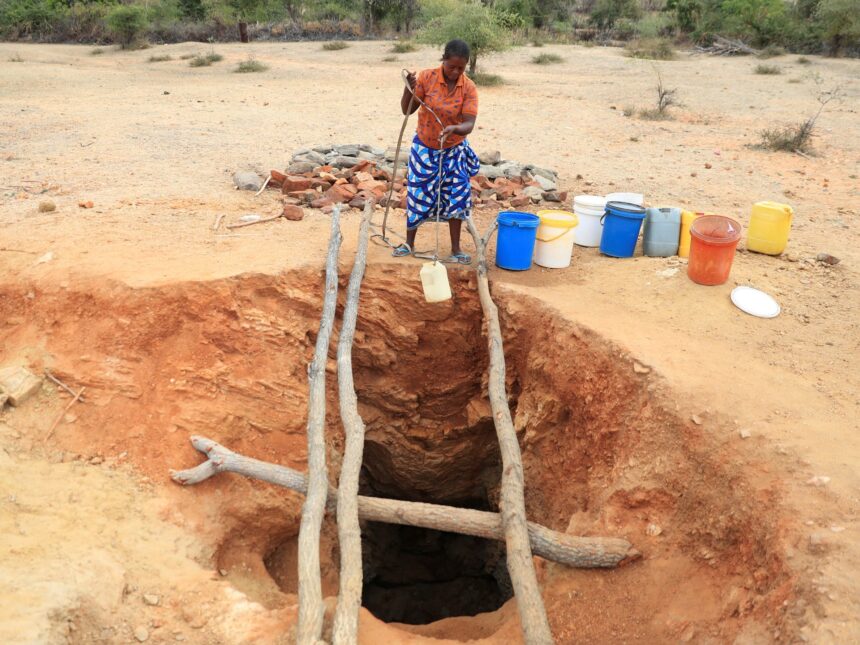The Southern Africa region is facing a dire situation as millions of people are experiencing severe hunger caused by a devastating drought. Countries like Lesotho, Malawi, Namibia, Zambia, and Zimbabwe have declared a state of national disaster due to the destruction of crops and livestock. Angola and Mozambique are also deeply impacted by the crisis.
The United Nations’ World Food Programme (WFP) has raised alarm about the looming humanitarian catastrophe, with over 27 million lives affected and 21 million children suffering from malnutrition. The lean season has begun in Southern Africa, and each month is expected to worsen until the next harvest in March or April of the following year. The failure of crops and loss of livestock have left many children struggling to have just one meal a day.
The region heavily relies on rain-fed agriculture for food and income, making the lack of rainfall due to the El Niño weather phenomenon and climate change particularly devastating. The drought has been described as the worst in a century, with significant crop losses in countries like Zambia and Zimbabwe. The shortage of rain has not only affected food production but also led to a decrease in hydropower capacity, resulting in electricity cuts.
In response to the crisis, some countries have resorted to culling wildlife, including elephants, to provide meat for the hungry population. Sub-Saharan Africa is identified as one of the most vulnerable regions to climate change, as many livelihoods depend on rain-fed agriculture and natural resources. However, due to limited resources, poor countries in the region struggle to implement climate-resilient measures.
Moreover, experts have highlighted how climate change-induced droughts and irregular rainfall patterns are negatively impacting crop yield, development, taste, and harvest periods across Southern Africa. The situation calls for urgent action to address the immediate food crisis while also implementing long-term strategies to build resilience against future climate-related disasters.










